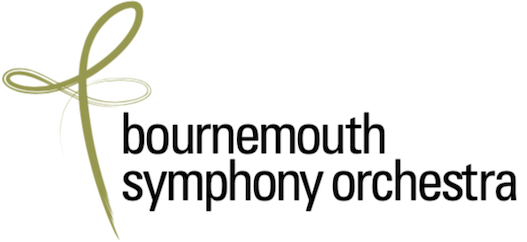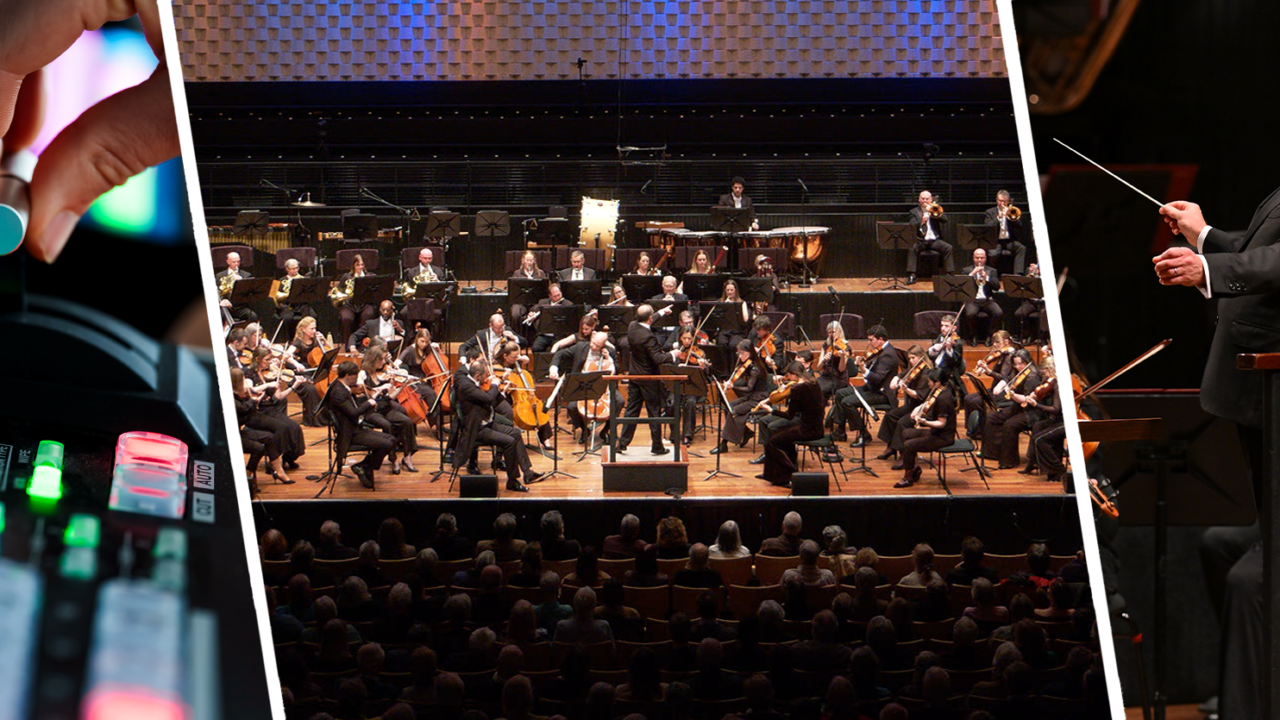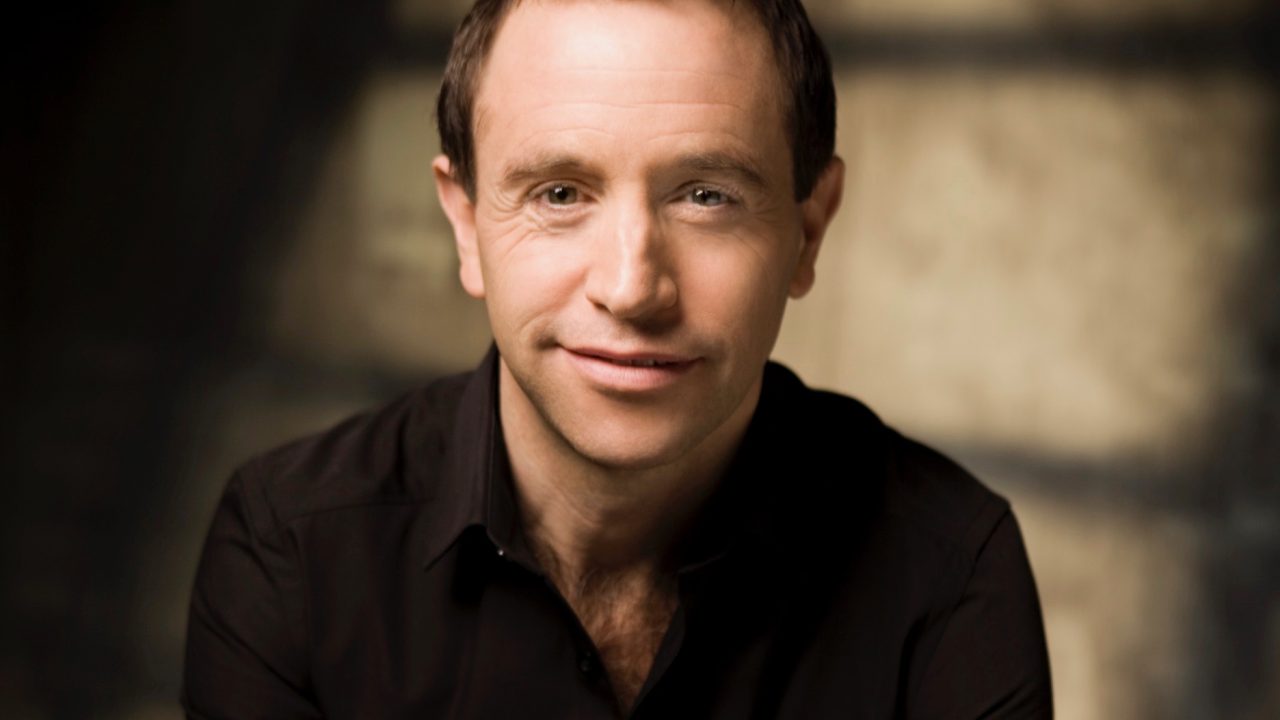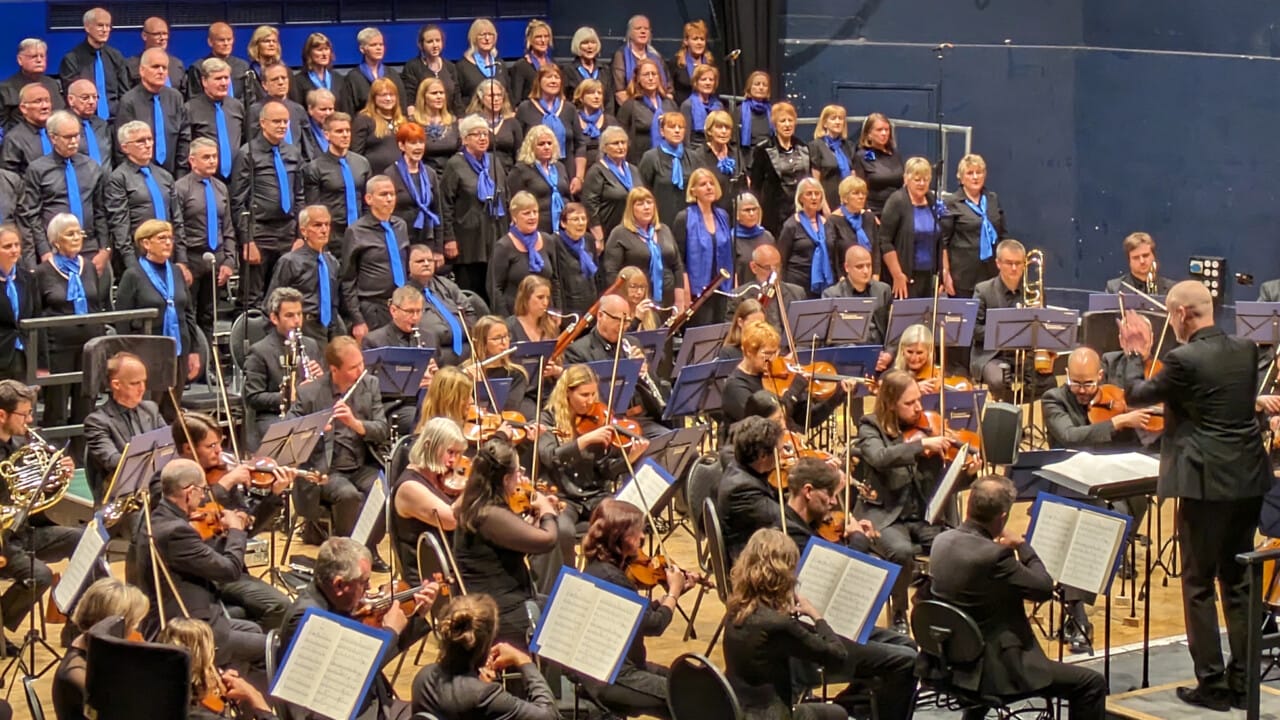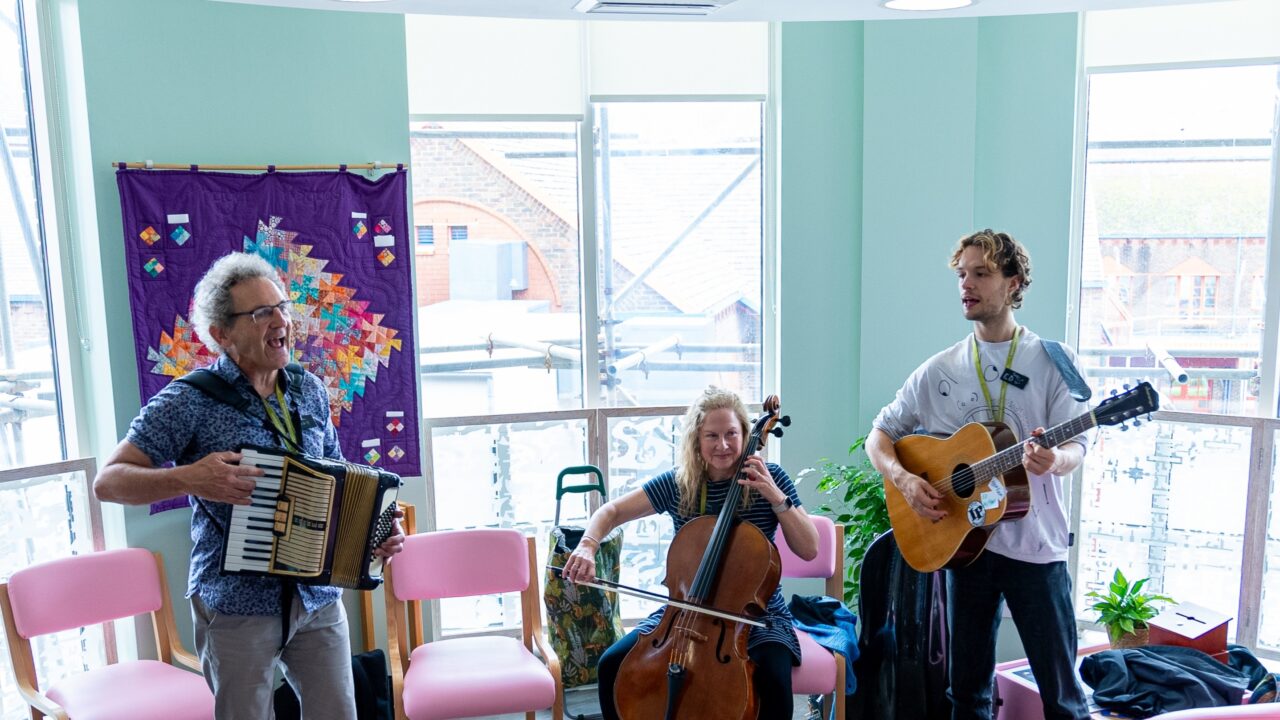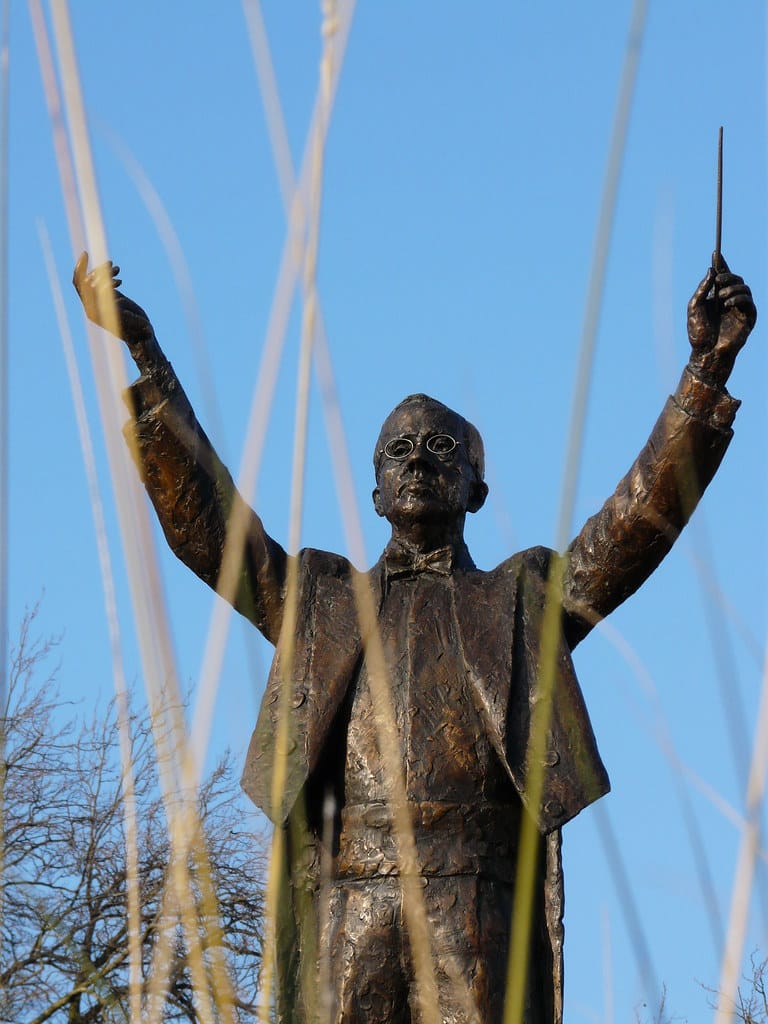One of the most illustrious British composers, Holst was born in Cheltenham in 1874, and started life as a trombonist. For some years after studying at the Royal College of Music in London, Holst made a living as a trombone player and teacher.
It was his orchestral suite, The Planets, which shot him to international fame in 1917. The piece represents all the known planets of the Solar System seen from Earth at the time and their corresponding astrological character, including Jupiter and Mars. Though Holst was deeply influenced by English Romanticism, his music also combines an international flavour based on the style of such composers as Maurice Ravel and Igor Stravinsky.
Gustav Holst had a long-standing relationship with the BSO: the first performance of his Cotswold Symphony was performed by the BSO in 1902, with Holst himself, and his close friend and contemporary Vaughan Williams, watching on — a significant moment for Holst, as this was the first time hearing a professional performance of one of his works! Holst developed a close friendship with the BSO’s founder Sir Dan Godfrey, who was known for championing British composers. On one occasion, Holst even travelled the 110 miles from London by bicycle, dismounting outside Dan Godfrey’s house in the early morning before he had even woken up!
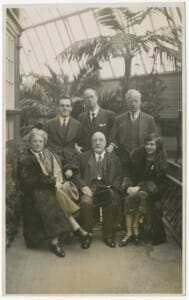
Gustav Holst in Bournemouth with BSO founder Sir Dan Godfrey and friends (C) Royal College of Music. Front row from left to right are Dame Ethel Smyth, Sir Alexander Mackenzie and Isolda Menges (violinist). Back row: Harold Tod Boyd (composer and husband of Isolda), Sir Dan Godfrey and Gustav Holst
The first concert of this double celebration will feature Holst’s Symphony in F Cotswolds, Mars from The Planets and Invocation, and Vaughan Williams’ Dona Nobis Pacem with soprano Anna Devin, baritone Andrew Foster-Williams and cellist Jesper Svedberg, and is conducted by our Associate Guest Conductor David Hill MBE. The second concert will be performed at Chichester Cathedral (where Holst’s ashes are interred) and features the same programme, save for Elgar’s Enigma Variations replacing the Vaughan Williams’ piece after the interval.
Join us to celebrate the 150 year anniversary of Gustav Holst at Lighthouse, Poole [23 Oct] and Chichester Cathedral [24 Oct].
